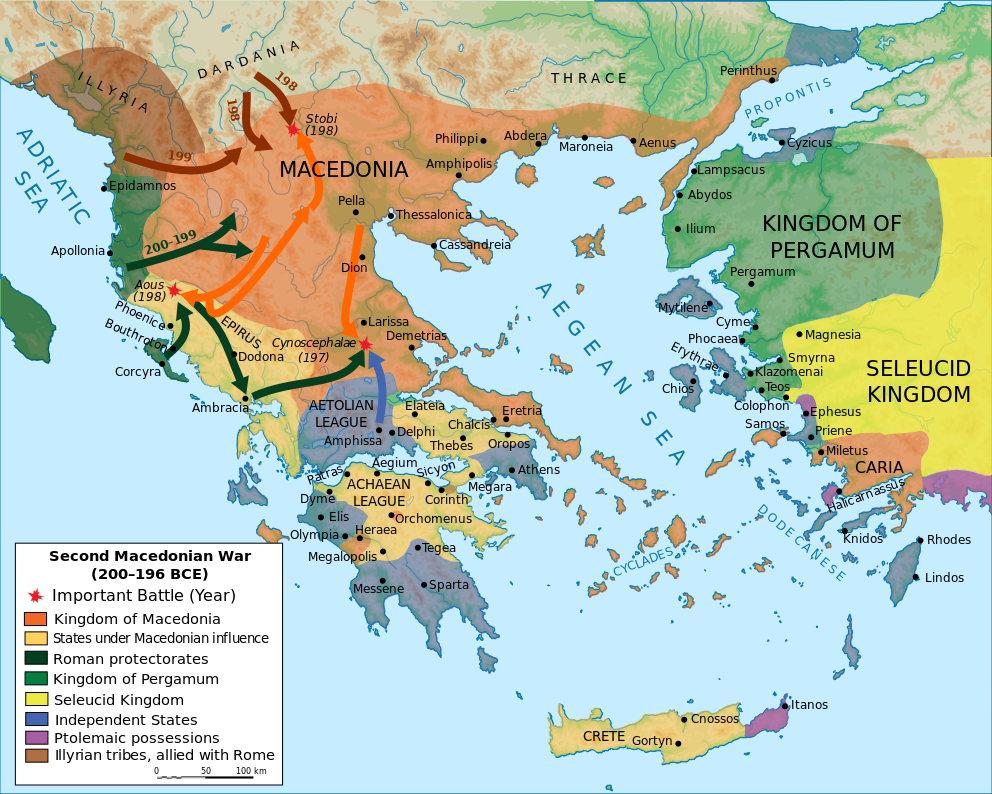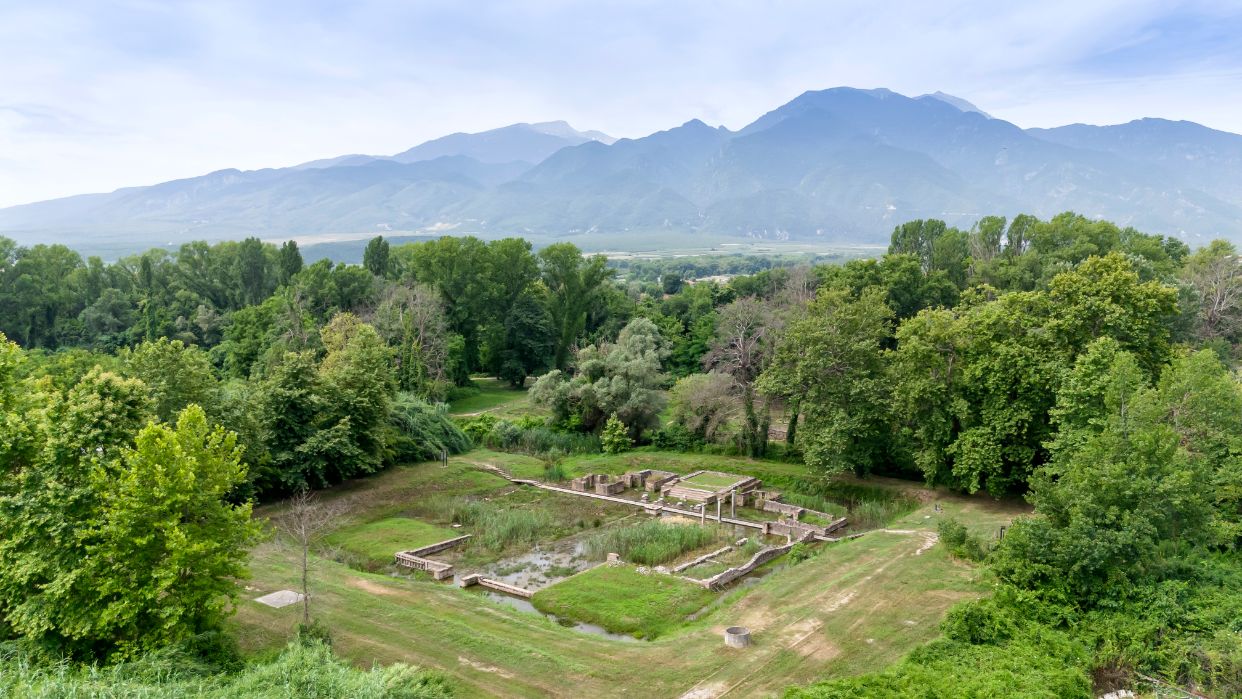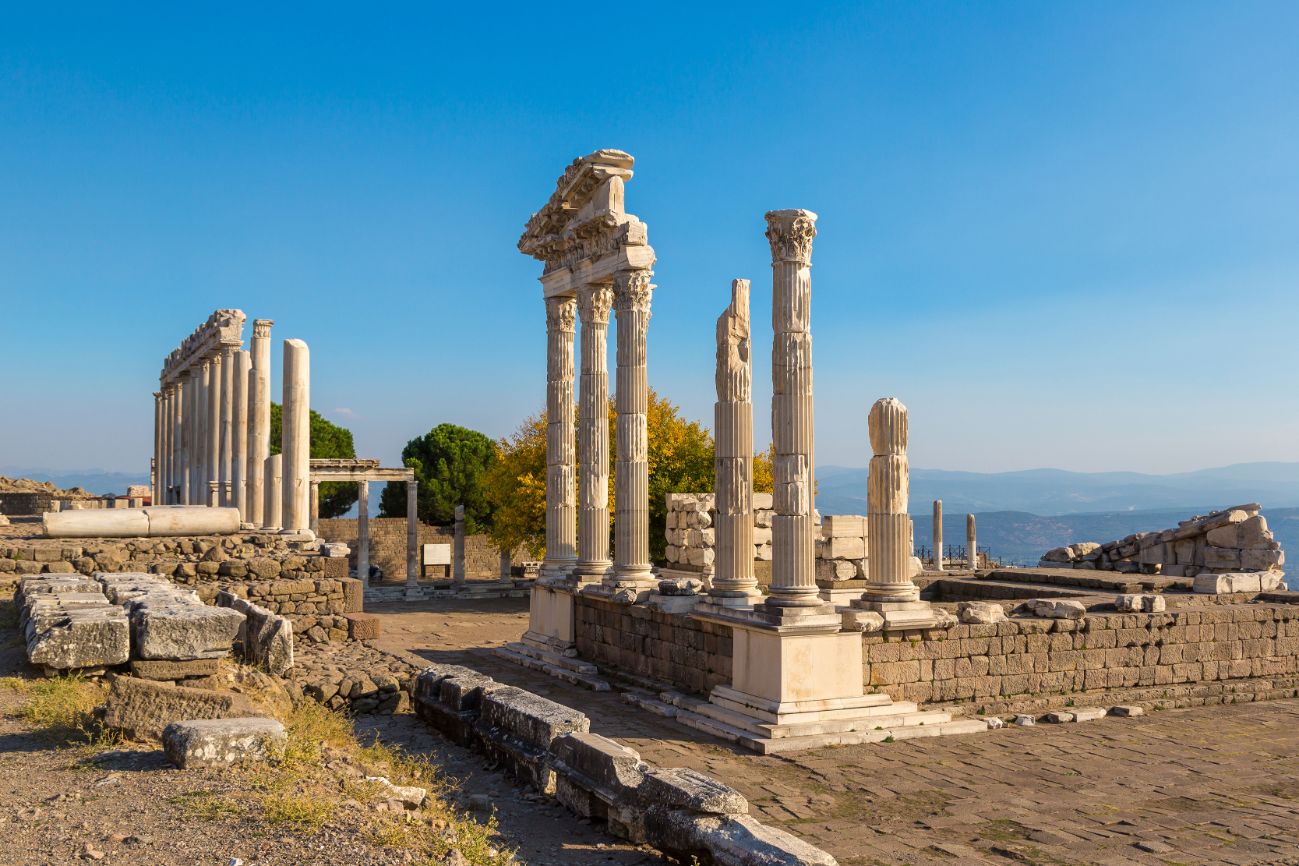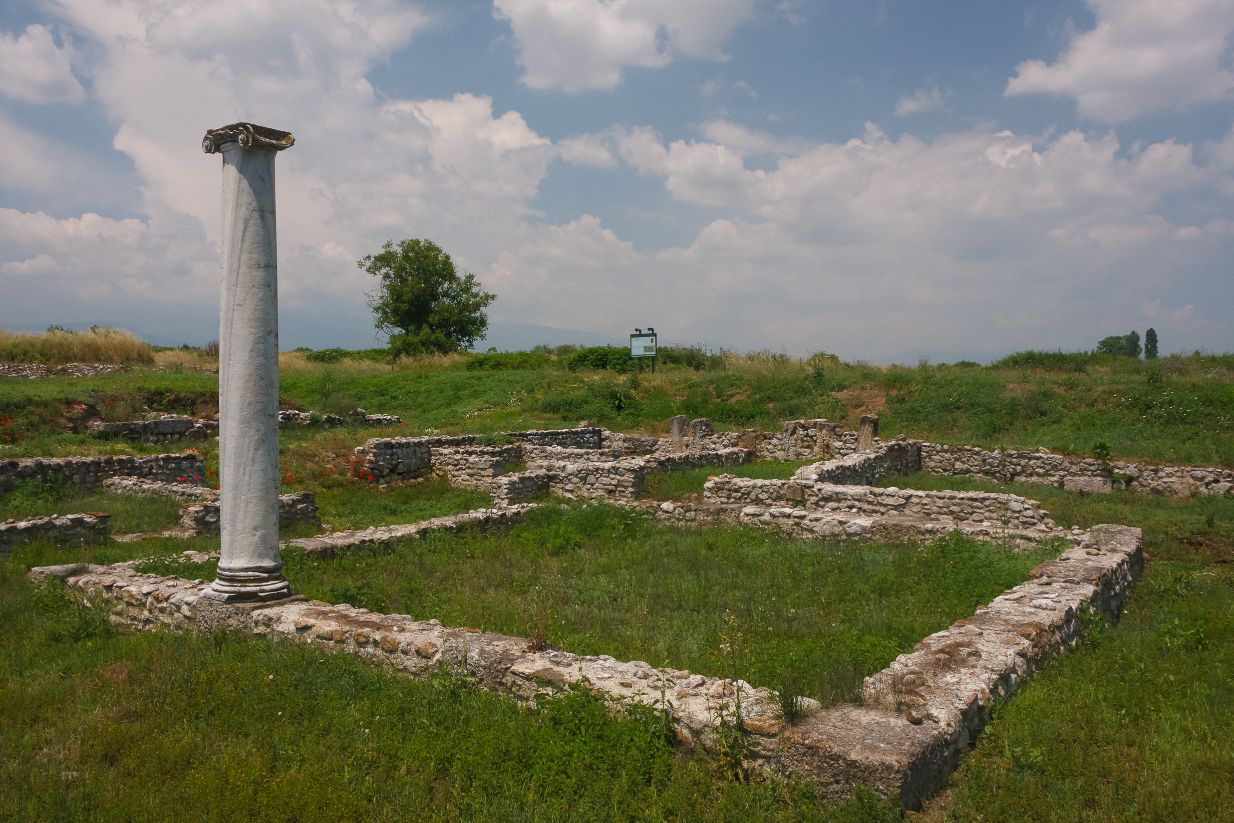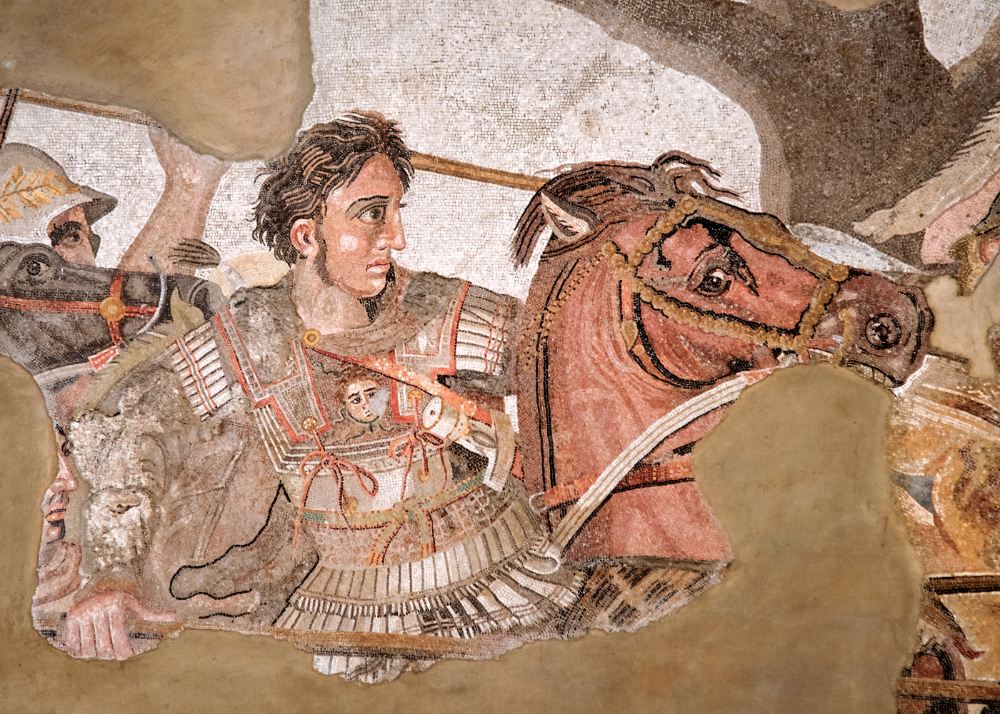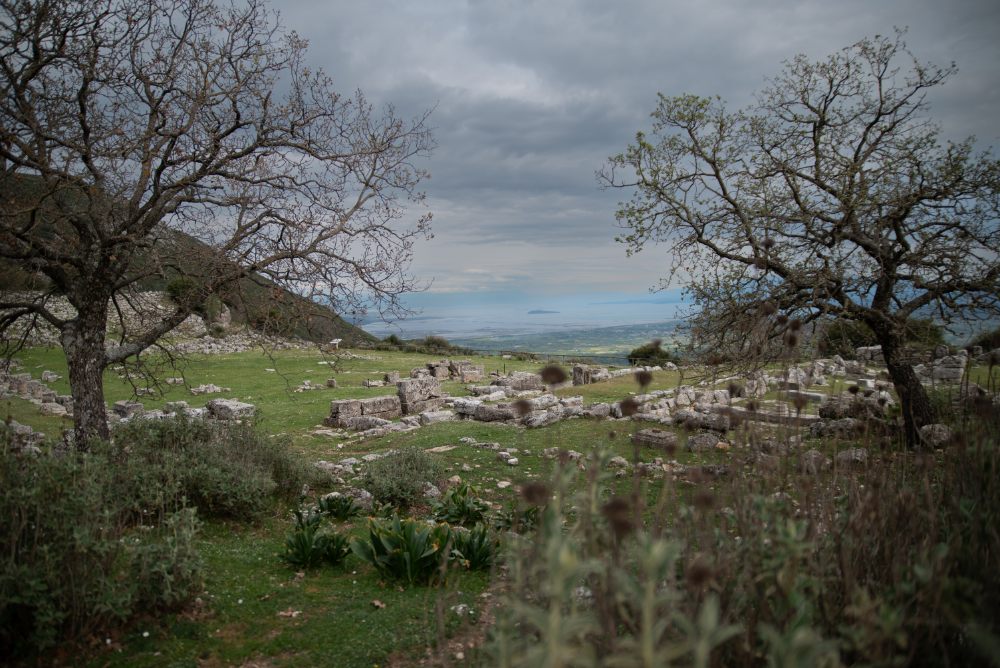The Dawn of Ancient Astronomy
The Antikythera mechanism is an extraordinary ancient Greek analog computer and orrery, utilized for predicting astronomical positions and eclipses decades in advance, which was discovered in 1901 among the remains of a shipwreck off the coast of the Greek island of Antikythera. Dating back to around 100 BC, this intricate device is constructed from at least 30 bronze gears housed within a wooden frame, and its complexity remained unmatched for over a millennium.
Key features of the Antikythera mechanism include its remarkable ability to predict the positions of the sun, moon, and likely the five known planets—Mercury, Venus, Mars, Jupiter, and Saturn—in relation to the stars. Additionally, it featured a dial that could forecast solar and lunar eclipses based on the Saros cycle, a roughly 18-year period. The mechanism also tracked various calendrical cycles, including the Metonic cycle, which spans 19 years and is critical for reconciling lunar and solar calendars. Notably, one of its dials was possibly employed to measure the timing of the ancient Olympic Games, highlighting its cultural significance.
The discovery of the Antikythera mechanism has profoundly impacted our understanding of ancient Greek technology and astronomical knowledge, revealing a remarkable level of sophistication in their mechanical engineering and scientific capabilities. This ancient artifact stands as a testament to the ingenuity of its creators, illustrating their advanced mathematical understanding and their ability to design intricate machinery to interpret and predict the cosmos.




